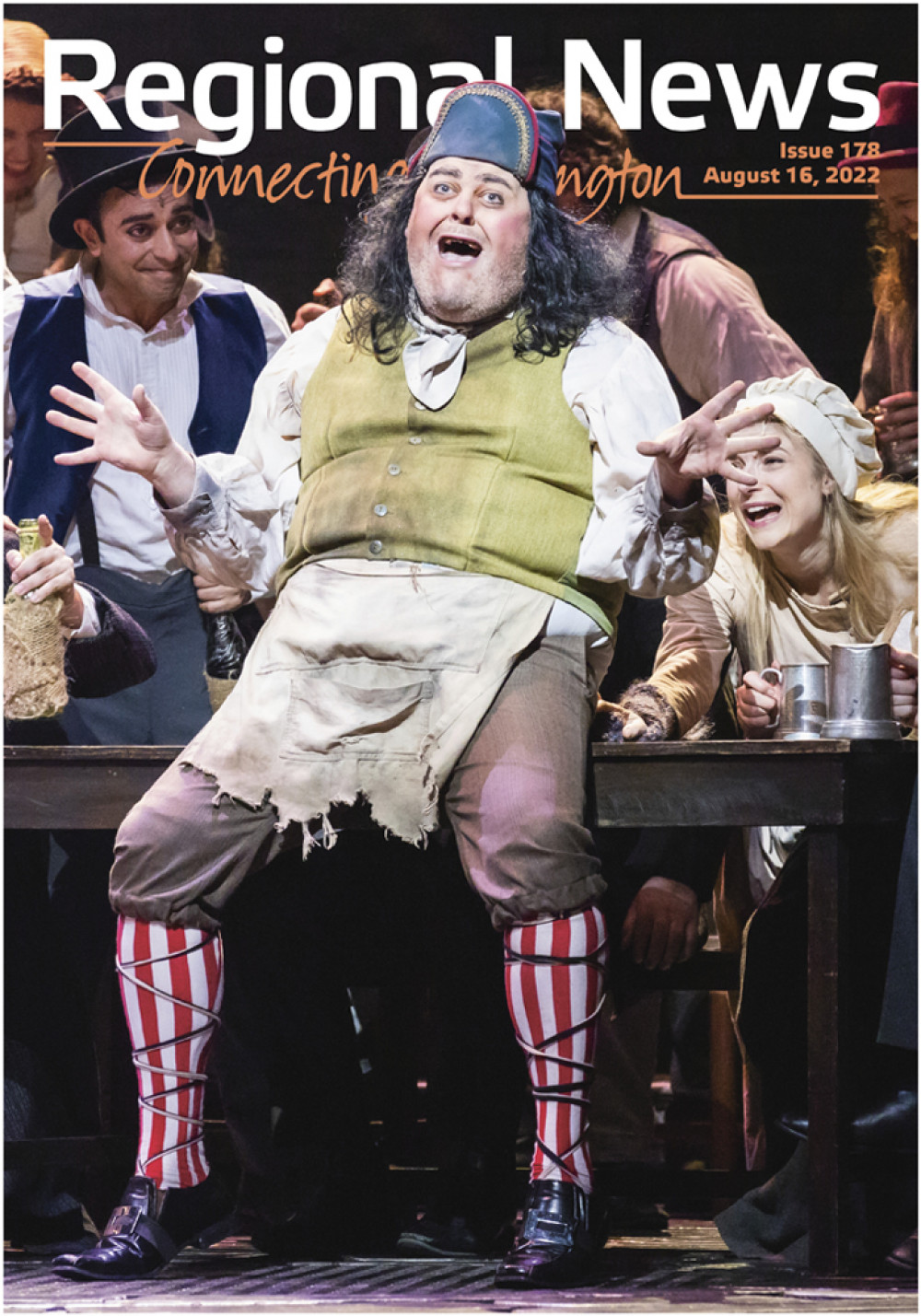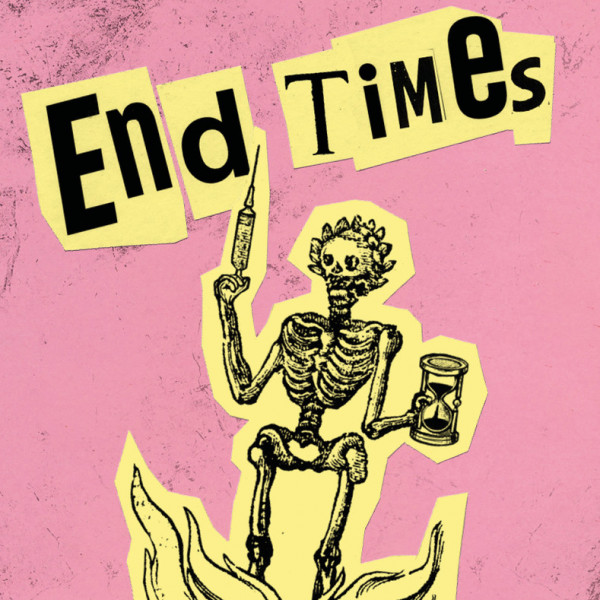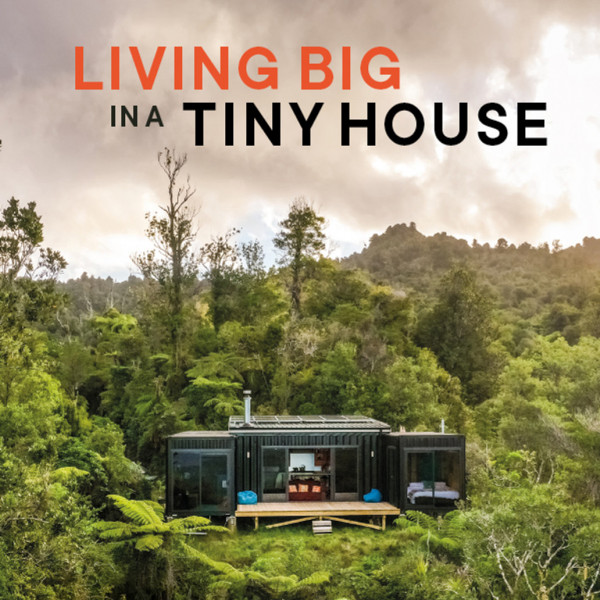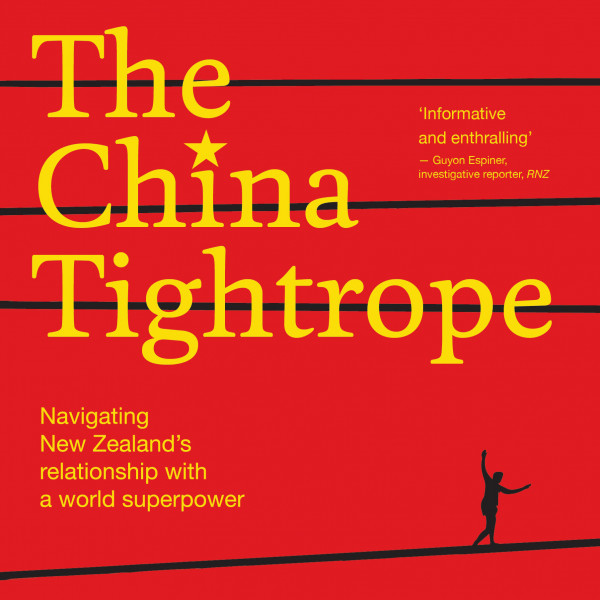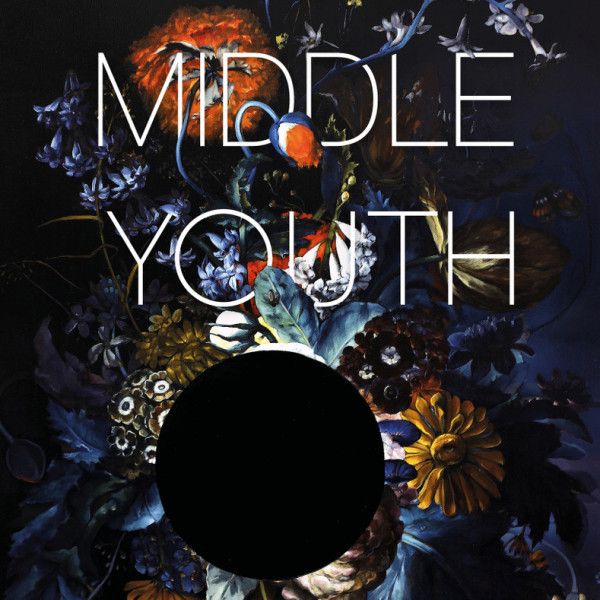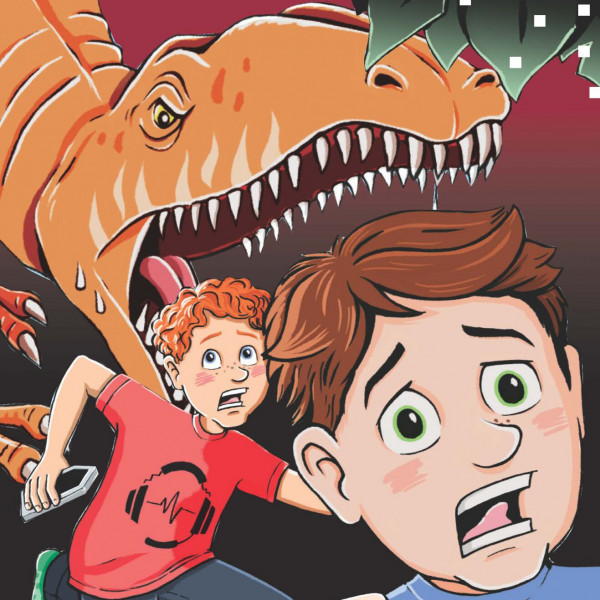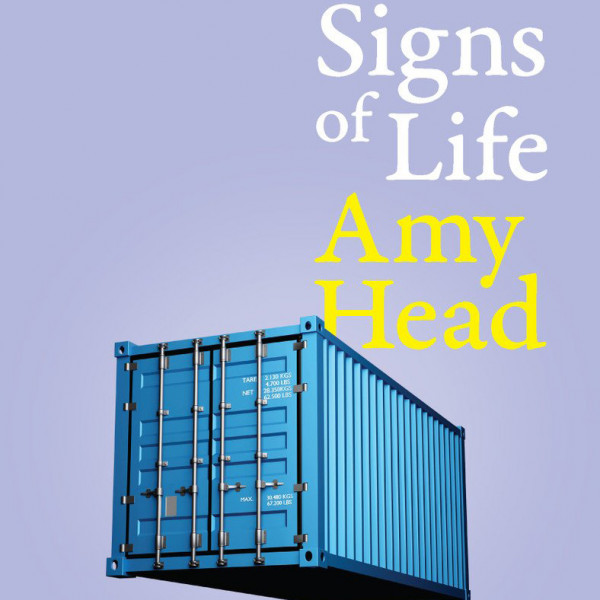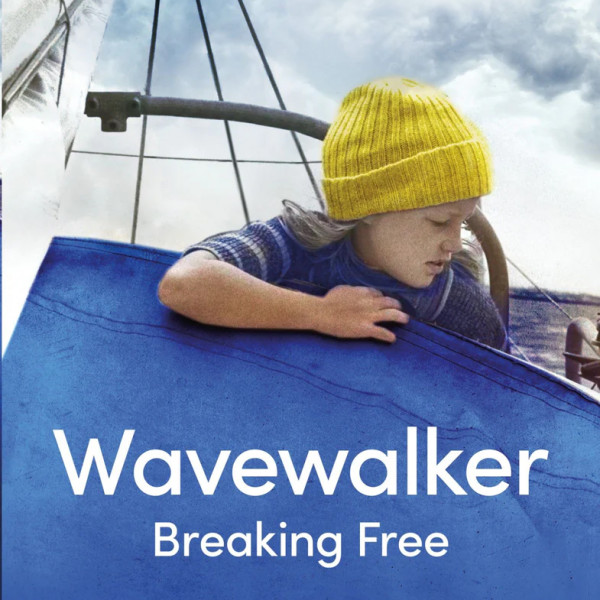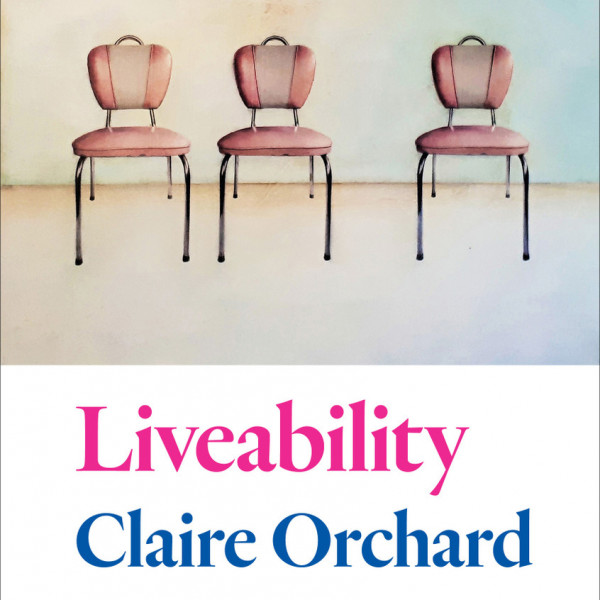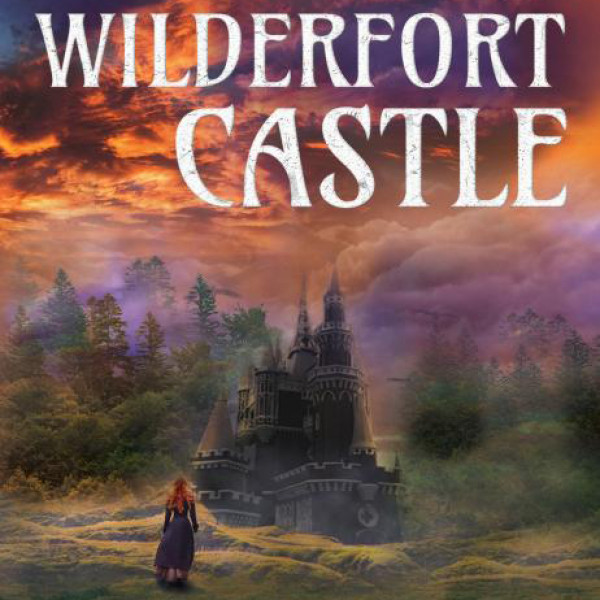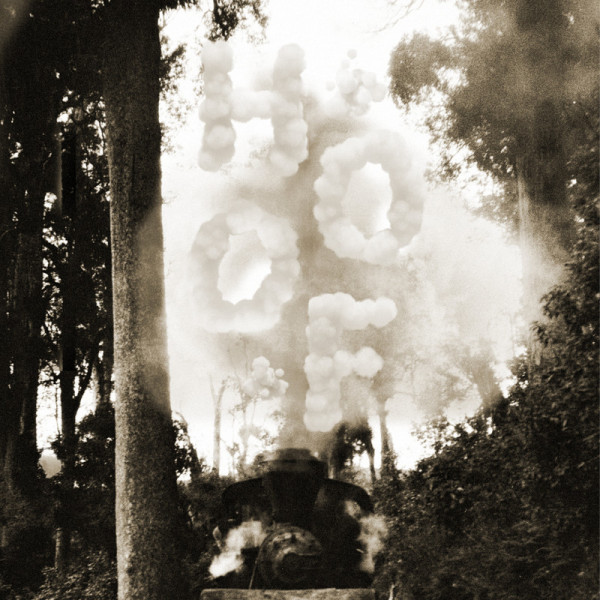
Hoof is my favourite book I have reviewed for Regional News so far, yet also the book I understood the least. Kerrin P. Sharpe’s latest poetry collection features an eclectic mix of horses, celebrities, and small villages, tied together by beautiful writing throughout. The poetry is evocative in its descriptions and careful in its word choice, full of sentence fragments blending into each other and attention paid to small details. The metaphors and references left me lost several times and I relied upon the Notes section at the end for further explanations, but I liked the writing style so much I didn’t mind. It is how I would like to write if I were a poet!
The book is divided into three sections, each one introduced by a poem about a train that sets the tone as we travel through the chapter that follows. The first features nature and family, the second weddings and famous people, and the third colder climes like Russia, Greenland, and Antarctica.
Several of the poems in the collection have won or been commended for awards, with the ways of rain and te hau o te atua | the breath of heaven being personal favourites. It is easy to see why Sharpe is as widely published as she is.
Voice is given to those usually voiceless: workhorses, trees, and even wind turbines watching over a cemetery. There is a tone of environmentalism in several poems, with still describing deforestation and from letters to Johanna referencing oil spills and global warming. Reverence and respect are demanded for the world and all its inhabitants. The reader also learns about New Zealand’s history of Antarctic exploration. The final poems drop names of explorers, their dogs, and the places they visited like Osman the Great drops off the Terra Nova – a reference you will get if you read the book.
My main takeaway, however, was Sharpe’s way of using brief and specific detail to paint a picture of her world.



